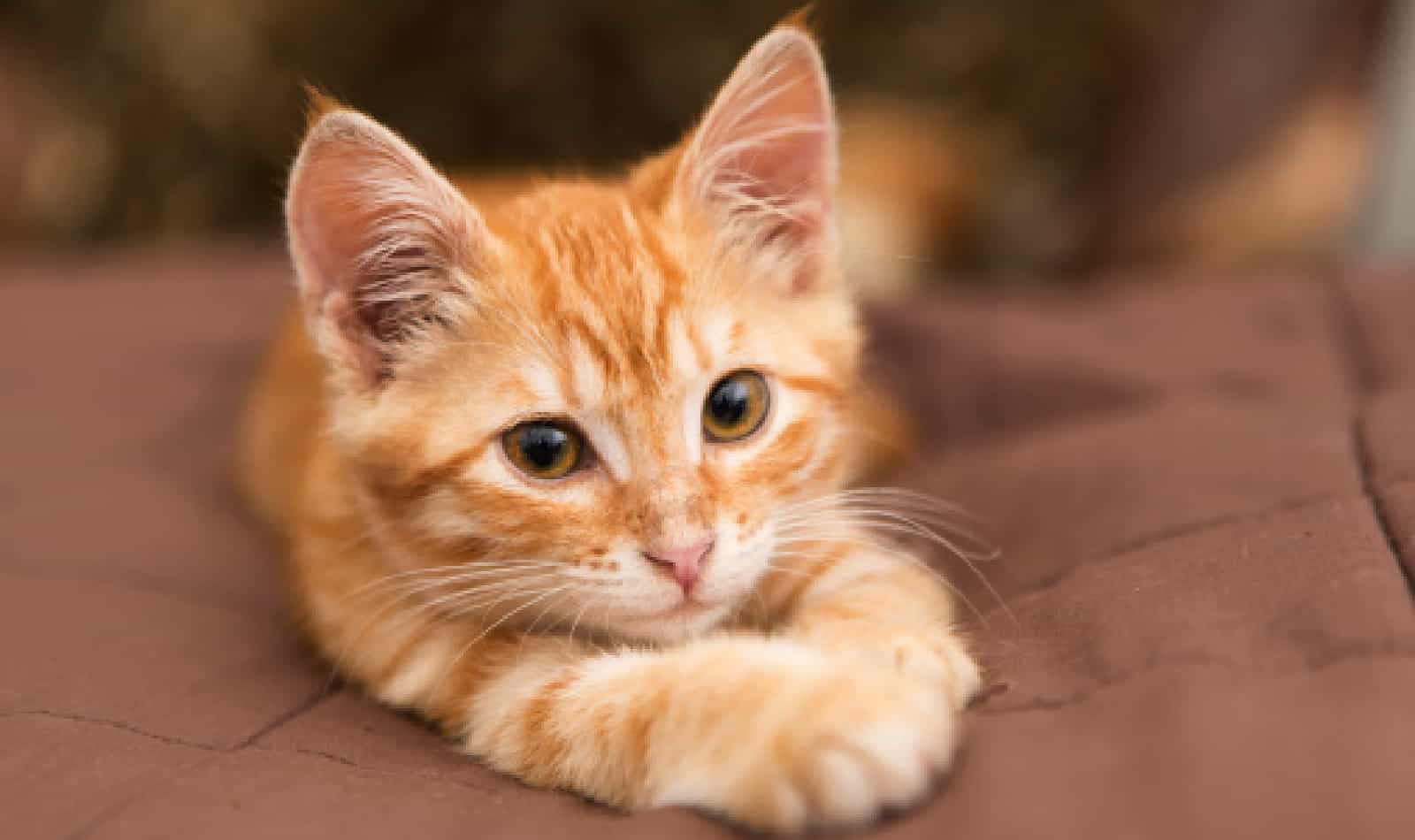

However the similar-sounding name "Tiddles", given in England to both male and female cats, was instead derived from a dialect verb tiddle, "to pet or stroke". The old cat name "Gib", a contraction of the name "Gilbert", was also thought to have arisen through the latter being used as a 'translation' of the French "Tibert". The name was applied to cats as they were popularly thought to be daring and curious. These were derived from the character of Tybalt or Tibert in the Reynard the Fox folk tale cycle, and ultimately from the Germanic name Theobald, derived from theod- "people" and bald "bold". Historically, the cat-specific names "Tibbles" or "Tibby" were common, and are still occasionally used.

In 2006, a survey of 270,000 Nestle Purina PetCare customers in Australia came up with these most popular cat names:

4 for girls, and Sophia ranks ninth on both the Social Security and pet lists." Australia Īccording to "Bow Wow Meow", an Australian company that provides pet tags to pet stores and veterinarians, the 10 most popular cat names its Australian customers chose, as of 2010, are: "In fact, this year's list of top 10 dog and cat names could nearly be straight from the birth pages." In the United States, according to an article in The Tampa Tribune, some of the most popular cat names also appeared on the Social Security Administration's list of most common baby names: "Isabella (Bella) is No. The new names for dogs more closely echoed human baby names, said Lindsey Basserabie, a company official, but the trend occurred for both pet species. In Australia, the United Kingdom and in the United States, news accounts have noted that the same popular baby names were also being given to pets. People are now giving animals the same names as contemporary names given to babies." He believed that as people have fewer children or no children at all, pets become more important in their lives. The 1980s marked a turning point, with the 10 most popular dog names all being compatible as human names, but in the '90s this progressed even further. Cats had names like 'Blackie' and 'Spotty', names that illustrated their physical appearance. The ranking of the most popular cat names can be assessed, in particular, from pet insurance registrations, microchip registrations, and breed registries.Īdrian Franklin, senior lecturer of the School of Sociology and Social Work at the University of Tasmania and author of Animals and Modern Cultures, told the Sunday Tasmanian in 2001: "In the 1950s and '60s dogs and cats were given ' dog' and ' cat' names. The popularity of cat names differs by nation, even in nations with the same language.


 0 kommentar(er)
0 kommentar(er)
